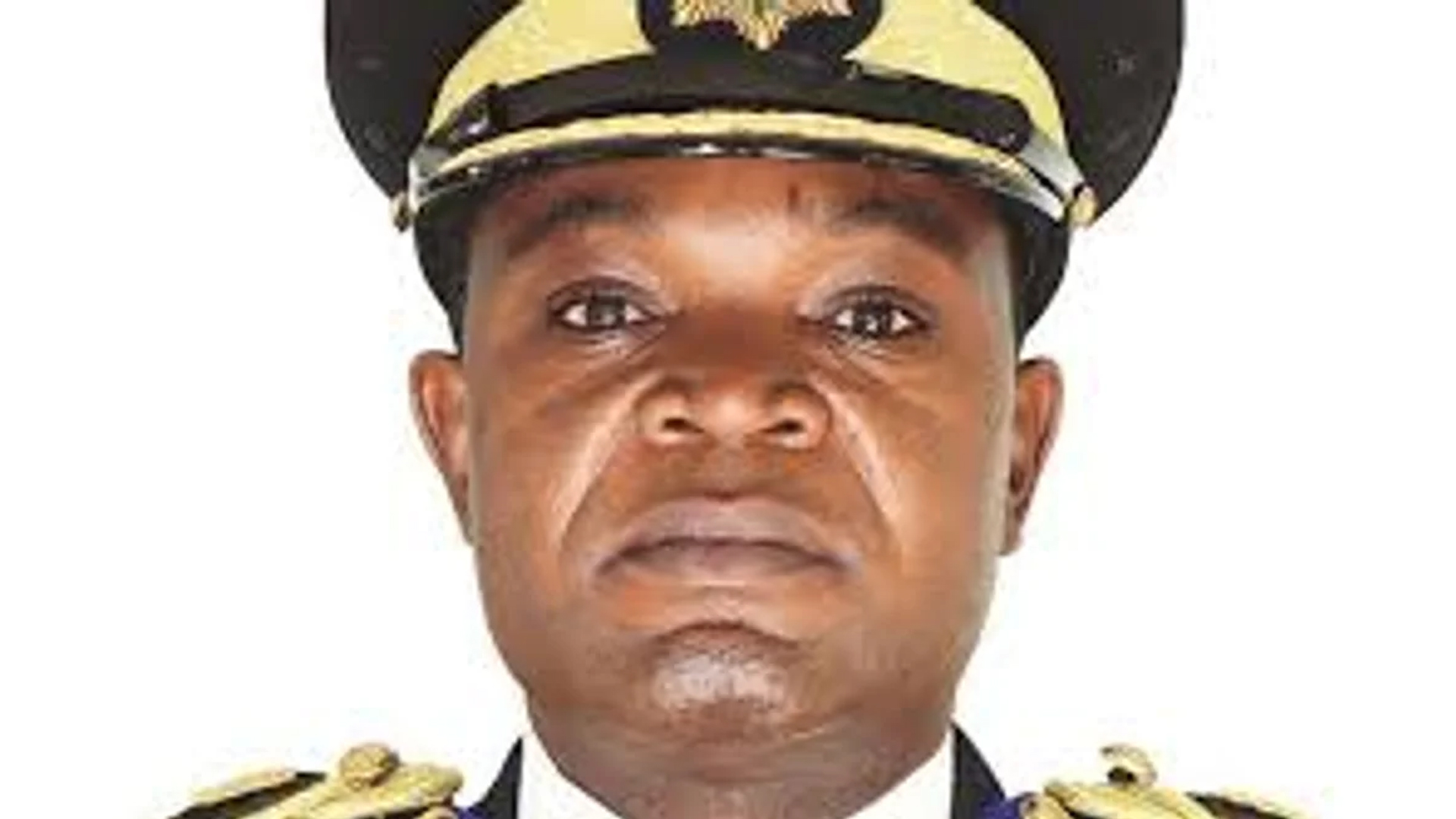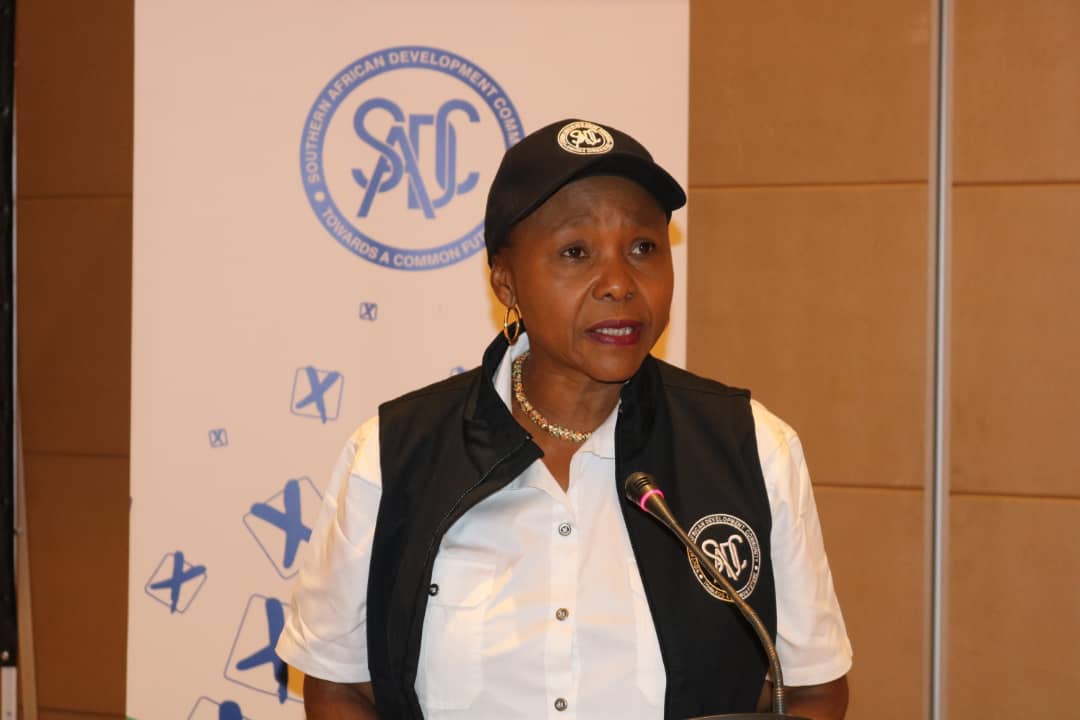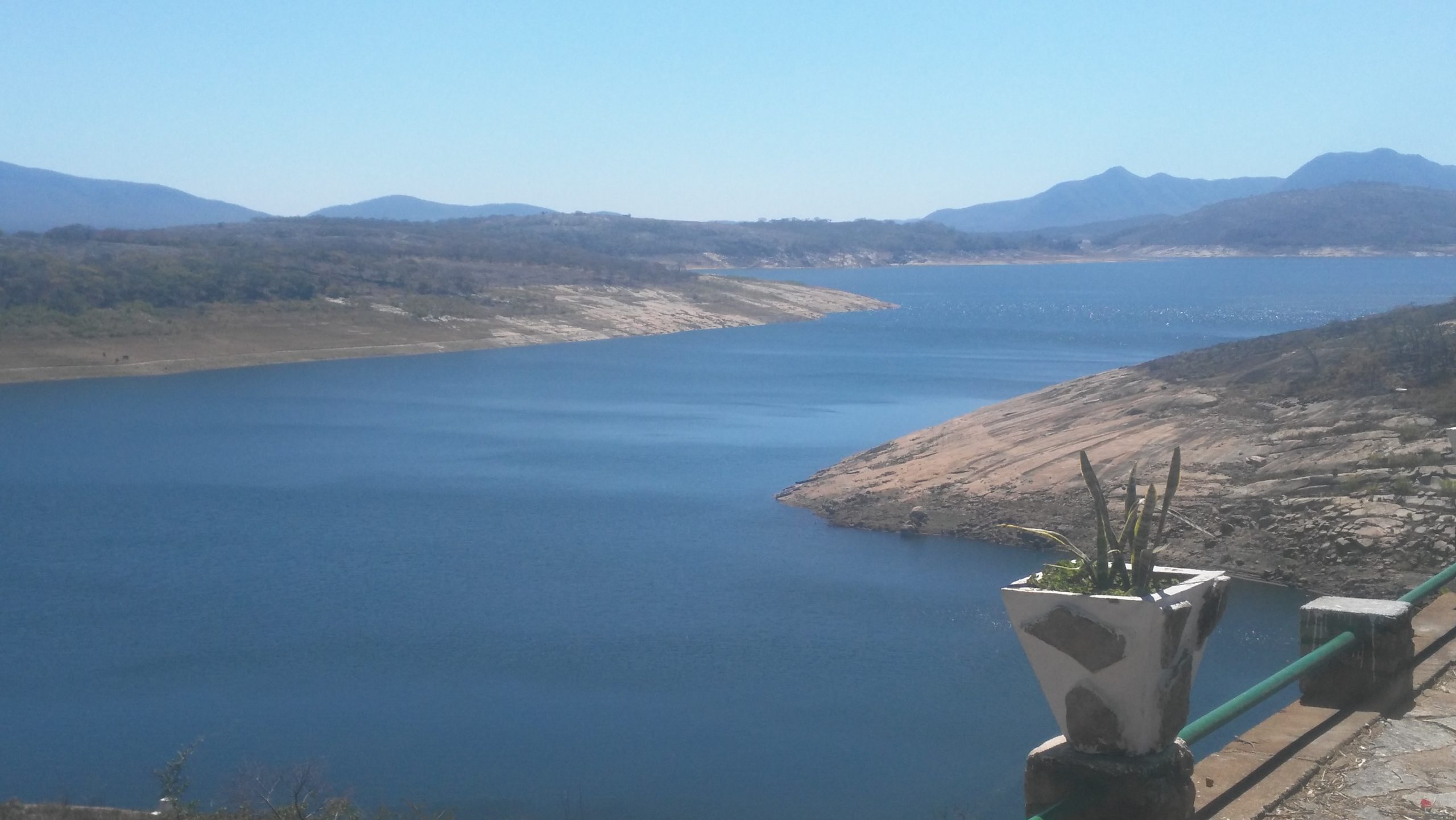KWEKWE — In a proactive effort to foster inclusive governance, Kwekwe City Council convened a 2025 budget review and launched consultations for the 2026 budget cycle, bringing together former councillors and Aldermen to solicit input and guidance from experienced stakeholders.
Through open dialogue and presentations, the council aimed to ensure the next budget is responsive to community needs, sustainable, and informed by past lessons.
Stakeholders urged the council to prioritise road maintenance, water provision, sanitation upgrades, and youth empowerment initiatives in the upcoming budget. They emphasised that the city’s growth must be matched by adequate infrastructure and social services.
However, most of the former Kwekwe City councillors, Aldermen, and senior citizens raised strong concerns over the 2025 budget review process, questioning the lack of implementation of their previous recommendations as the local authority consulted on the proposed 2026 budget.
Senior citizen Jack Ngulube said the community feels sidelined as their input from the last budget is missing from the review document.
Ngulube added that some specific issues, such as the replacement of non-functional water meters, a reduction in estimated water bills, better refuse collection systems, and improved road drainage, should be key community priorities.
Former Mayor Alderman Justin Mzambani, while acknowledging some progress, commended the council’s efforts on urban development. However, the former Mayor questioned the impact of these developments on the upcoming 2026 budget.
“We appreciate the council’s efforts on the high-rise buildings being constructed in the city centre. Are these buildings generating revenue to cushion residents from tariff hikes? We want to know if these cash inflows will curb further tariff increases.”
He also raised concerns about the state of the sewer reticulation system, saying it remains a critical area of concern.
In response, City Director of Works, Engineer John Mhike, said the city has made some progress.
“We have revived the hoist at the main sewer pump station and the two other pump stations, but our biggest challenge remains vandalism; all three were vandalised, which hampers service delivery,” said Mhike.
Another former Mayor, Alderman Stanford Bonyongwe, raised concerns over stalled road maintenance and poor traffic management infrastructure.
He criticised the decision to decommission tarred roads and replace them with gravel, calling it a regression.
“Replacing tarred roads with gravel is not development; it’s a step backwards. Every budget should allocate funds for road resurfacing. Without that, there’s no bold intention to maintain tarred roads. Otherwise, we are failing to maintain the infrastructure we already have.”
Alderman Aaron Gwalazimba emphasised the importance of transparency and community involvement in budget processes to ensure local needs are fully addressed.
“We need an inclusive budgeting process that listens to the people’s concerns and builds trust,” he said.
Former Mayor Matenda Madzoke raised concern over the untapped potential of Small to Medium Enterprises (SMEs) operating at local commuter and long-distance bus terminuses. He urged the council to prioritise revenue collection from these traders, describing the ranks as “cash cows” for the local authority.
Former deputy mayor, Alderman Onsimo Zhavairo, called on the council to address unregulated mining along the Harare Road.
“Mining activities along Harare Road are now too close to the city centre. How do we develop our city under such conditions? Council must lobby the Ministry of Mines,” Ald. Zhavairo said.
Former Redcliff deputy mayor, Alderman HappyGirl Mberi, called for a reduction in tariffs, particularly in areas of high expenditure. She criticised the unchecked growth of an informal settlement known as Libya in Mbizo 3, describing it as a home-industry hub that heavily consumes council resources without contributing to rates.
Former councillor Washington Moyo was frustrated with the lack of recreational infrastructure across the city, despite prior budget allocations.
“In the last budget, we talked about recreation facilities in every ward, but nothing has materialised. We have many social and junior sporting teams that are being denied access to school facilities, and they have nowhere to train,” he said.
Moyo also raised an alarm over growing human-animal conflict at Mbizo 4 Shopping Centre, where donkeys are reportedly roaming freely, disrupting business activities. His concerns were supported by former Councillor Morris Chinwada.
Former councillor Queenly Chitopo said, “Council should scrap the 5 percent interest on bills with credit. This is a thorny issue as residents are finding it difficult to settle their bills.”
Responding to the concerns, Kwekwe City Director of Finance Rejoice Maweni-Dandira said the city had opened accounts for SMEs, but they were not complying.
On the issue of the city parking system, Maweni-Dandira revealed that while Kwekwe City Parking faced resistance at inception, it is now gaining ground.
She added that the council is planning to install sensors to improve monitoring of parking time limits and marshals. She highlighted challenges with government institutions and Redcliff Municipality.
“Redcliff Municipality is making partial payments, which are not enough to cover the costs. We continue to encourage them to balance after receiving services with payment,” said the Director of Finance.












